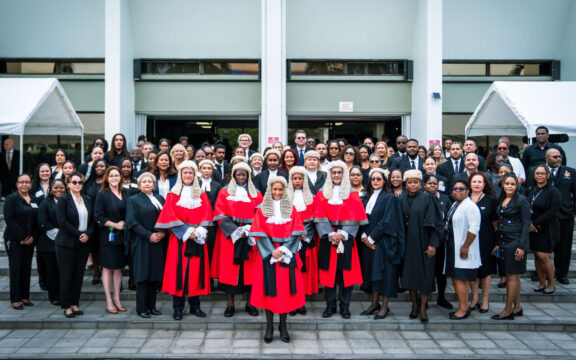
Being a Witness
What should I do when I arrive at court?
Present your summons to the reception staff. They will direct you where to go. You should be prepared for what could be a long wait before it’s your turn to give evidence. You are not allowed to enter the court room prior to giving evidence. Report to the attorney representing the party (or the Crown) for whom you have been summonsed as a witness.
Can I sit away from the courtroom?
If you feel uncomfortable about sitting outside the courtroom, ask a member of the court staff who will try to find a quiet area for you to wait.
What will happen when I go into the court?
You will be shown into the witness box. If you find difficulty standing, ask to sit down. You will then be asked to take the oath – that is to swear to tell the truth. If you prefer you can affirm – that is to promise to tell the truth. If you are a witness for the prosecution, you will first of all be asked questions by the prosecution. Then the defense will ask some questions. This is called cross-examination. The magistrate or a judge may also ask you questions at any stage in the proceedings.
When will I be able to leave the court?
After you have finished giving evidence, you will be told you are released. This means you are free to leave but you can stay and listen to the rest of the case if you want to. You are not allowed to speak to other witnesses until they have given evidence.
Do I need to bring anything with me to court?
If you have given a written witness statement bring that with you. You should bring your witness summons with you.
Can I ask a friend to come with me?
Yes, you can ask a friend to go with you to keep you company. Your friend will not be able to claim expenses. It’s very important that you don’t talk to anyone in advance about the evidence you are going to give as this could affect the trial.
I have difficulty understanding English. Can I get help?
If you have difficulty speaking or understanding English and think you will need an interpreter, contact the courts or the prosecutor’s office and they will arrange an interpreter for you.
Expenses
If you have been summoned as a witness for the Crown in a criminal case you are entitled to a small daily attendance allowance.







